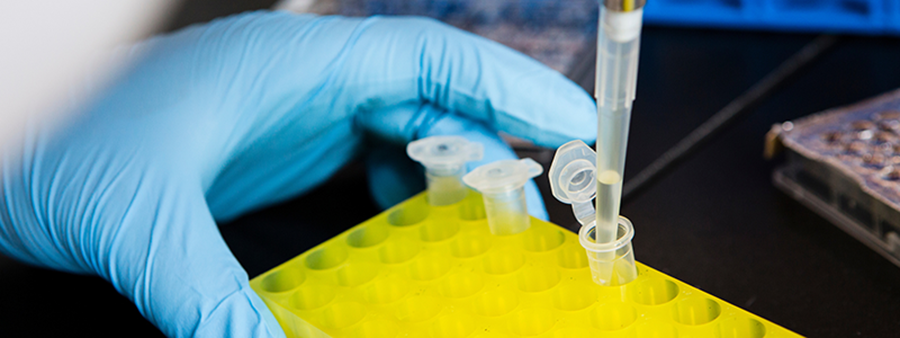Master's

The ChBE master's degree programs build on the foundation of an undergraduate engineering education through the completion of advanced coursework, with or without thesis research. Specific programmatic and policy details beyond those presented in this summary may be reviewed in the ChBE Graduate Student Handbook.
The department offers two master's programs: Chemical Engineering, and Bioengineering: Cell and Bioprocess Engineering track. All of our programs can be taken on a part-time basis.
Master's degrees require a minimum of 30 credits and the fulfillment of at least 10 courses at the 100-level or above with grades of S (satisfactory) or at least a B-. Program requirements may vary.
Dual Degree Master's Program (with Tufts Gordon Institute)
Develop your innovation, leadership and management skills and build your technical depth with the Dual Degree Master's Program. You’ll earn two degrees: an MS offered by the Department of Chemical and Biological Engineering, and an MS in Engineering Management (MSEM), Innovation & Management (MSIM), or Technology, Management, & Leadership (MSTML).
Learn more about the Dual Degree Master's Program and application requirements or contact tgi@tufts.edu for more information.
Guidance for Applicants to the Graduate Programs
Admission requirements for graduate programs in the School of Engineering can be found here. All students are required to submit academic records, a personal statement, and three letters of reference. Applicants who are not native English speakers are required to take the Test of English as a Foreign Language (TOEFL), the International English Language Testing System (IELTS), or the Duolingo English Test, except under circumstances listed at the website above. A minimum TOEFL score of 90, IELTS score of 6.5, or 110 Duolingo score is required for graduate admission.
Applicants to the MS in Chemical Engineering programs are generally expected to have earned a prior degree in Chemical Engineering. Applicants with degrees in closely related engineering disciplines (such as Materials Science and Engineering or Polymer Engineering) who already have a working knowledge of the core course content of this program (i.e., partial differential equations describing heat, mass, and momentum transfer processes, chemical kinetics/reactors and catalysis, chemical thermodynamics) are also encouraged to apply. Please note that applicants with degrees in Chemistry or Biochemistry are expected to have already completed coursework in ordinary/partial differential equations (at a minimum), and ideally heat/mass/momentum transport, as well. These courses should be clearly shown on the transcript(s) and must also be described in the applicant's personal statement.
Applicants to the MS in Bioengineering: Cell and Bioprocess Engineering program are generally expected to hold a BS degree in chemical engineering, biochemical engineering, bioengineering, or a related discipline.